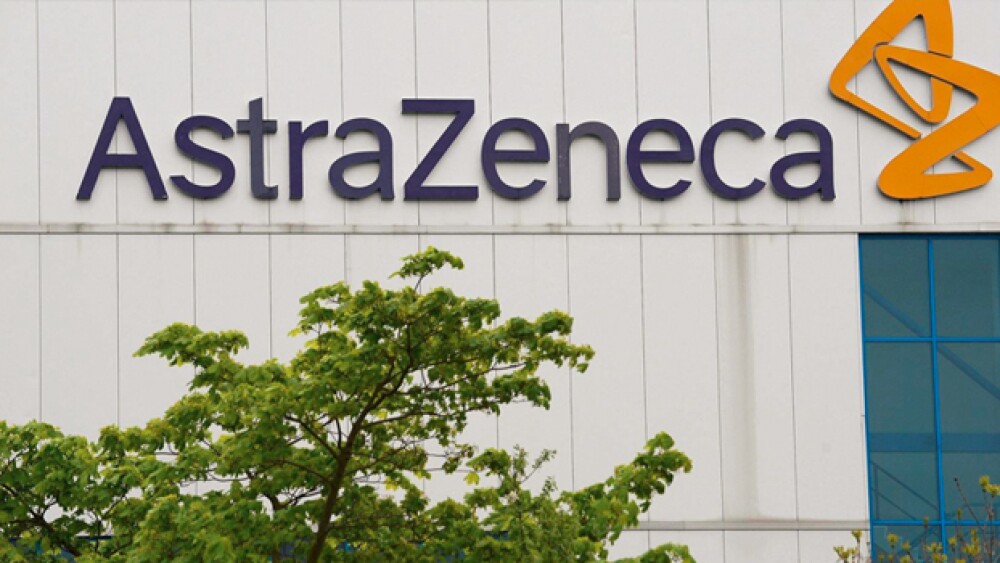AstraZeneca and MedImmune announced top-line results from its TULIP 1 Phase III clinical trial of anifrolumab in adults with moderate-to-severe systemic lupus erythematosus (SLE). Unfortunately, the drug didn’t meet the trials primary endpoint of statistically-significant reduction in disease activity.
AstraZeneca and MedImmune announced top-line results from its TULIP 1 Phase III clinical trial of anifrolumab in adults with moderate-to-severe systemic lupus erythematosus (SLE). Unfortunately, the drug didn’t meet the trials primary endpoint of statistically significant reduction in disease activity.
The primary endpoint was measured by the SLE Responder Index 4 (SRI4) at 12 months. The TULIP program has two Phase III clinical trials, TULIP 1 and 2, that study the efficacy and safety of the drug compared to placebo in patients with moderately-to-severely active autoantibody-positive SLE who are receiving standard of care treatment. TULIP 1 randomized 460 patients in a 1:2:2 ratio to receive a fixed dose of the drug as an infusion of 150 mg anifrolumab, 300mg anifrolumab, or placebo every 4 weeks. TULIP 2 randomized 373 patients 1:1 for a fixed-dose IV infusion of 300mg of the drug or placebo every 4 weeks.
“SLE is a debilitating autoimmune disease with significant unmet need among patients who struggle to achieve meaningful disease control,” said Sean Bohen, executive vice president, Global Medicines Development and chief medical officer of AstraZeneca, in a statement. “The result of this trial is disappointing for patients and the lupus community.”
Data from TULIP 1 will be presented at a medical meeting in the future, and a full analysis of the data will be performed when TULIP 2 data are available later this year.
Anifrolumab is a fully human monoclonal antibody that binds to subunit 1 of the type 1 interferon receptor. This blocks the activity of all type I interferons. About 60 to 80 percent of adult lupus patients have an increased type I interferon gene signature, which is correlated with disease activity.
Reuters notes, “AstraZeneca has been in a race with GlaxoSmithKline and French biotech company Neovacs to create new treatments for lupus, which affects about 5 million people globally. Anifrolumab, which is given intravenously, is designed for patients with moderate to severe lupus and works in a different way to GlaxoSmithKline’s Benlysta by targeting interferon, a protein involved in inflammation.”
Had it been successful, anifrolumab would have been only the second new therapy for lupus in 60 years. In lupus, the body’s immune system can attack the kidneys, skin, brain and other organs. Traditional treatments include steroids and immunosuppressants. The potential for the drug was decent, with analysts projecting average sales of the drug in 2022 of $217 million.
On a more positive note for the company, the European Commission (EC) approved its new formulation of the once-weekly type-2 diabetes injection, Bydureon BCise. The new authorization is for a single-dose, pre-filled pen that is approved for use in combination with other glucose-lowering drugs, including basal insulin, to help improve blood sugar together with diet and exercise.
“Building on the already well-established efficacy and safety profile of once-weekly Bydureon, today’s approval of Bydureon BCise will enable us to offer an additional treatment option for patients with type-2 diabetes whose blood sugar levels are inadequately controlled by other glucose-lowering medicines together with diet and exercise,” said Elisabeth Bjork, vice president, head of cardiovascular, renal and metabolism, global medicines development, at AstraZeneca, in a statement.





